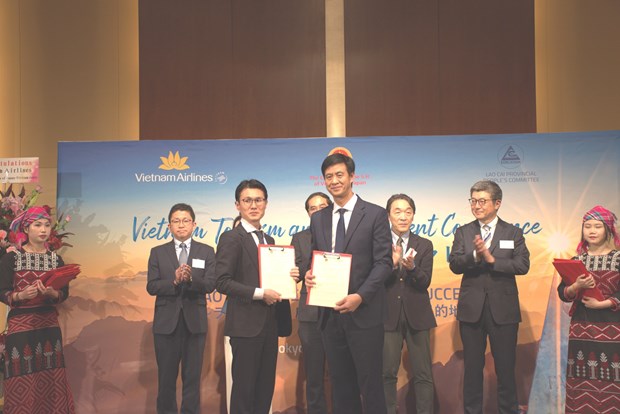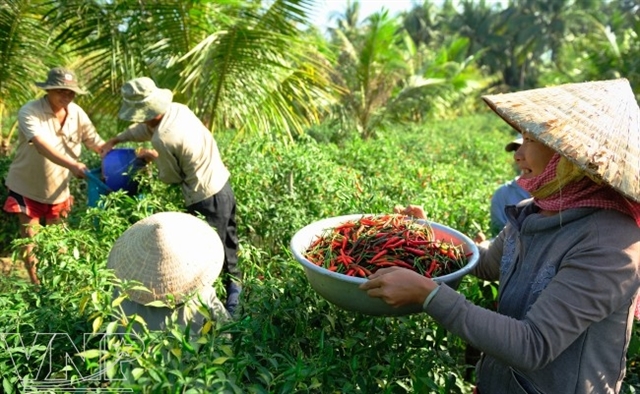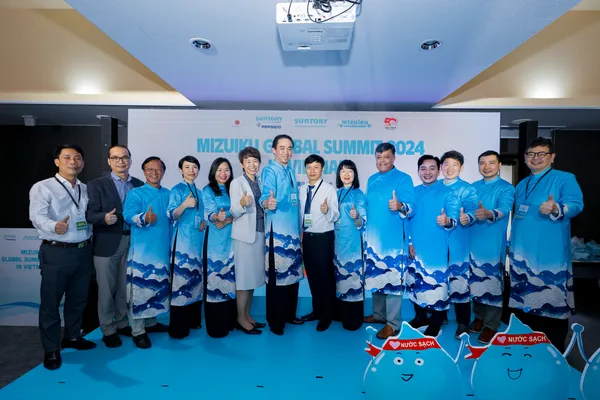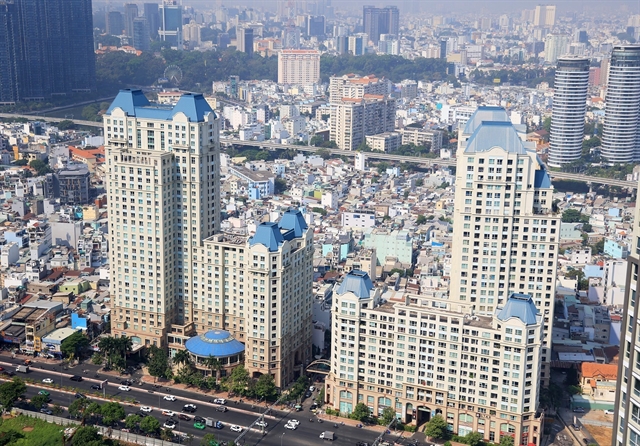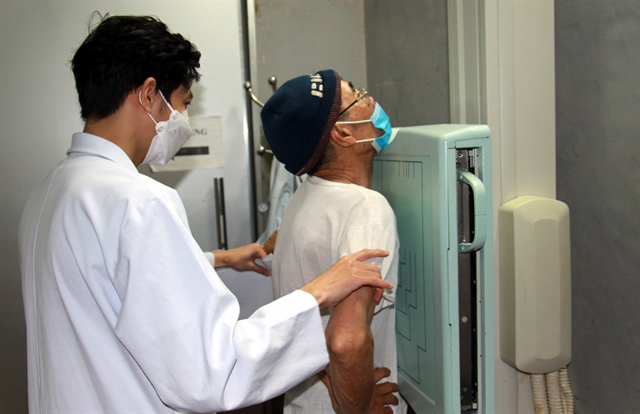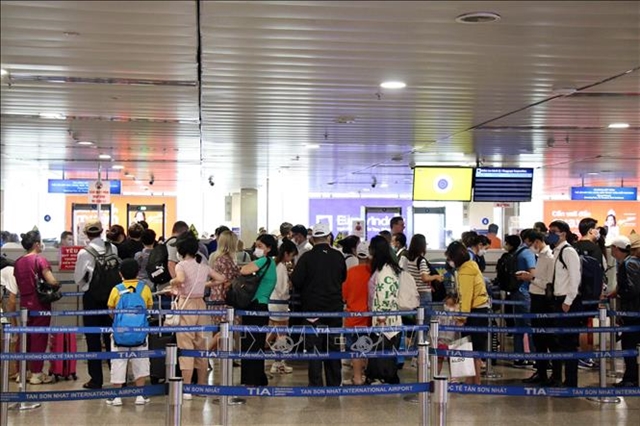 Society
Society

In a business-as-usual scenario, world’s ocean could contain one tonne of plastic for every three tonnes of fish by 2025, and by 2050, more plastic than fish [by weight].
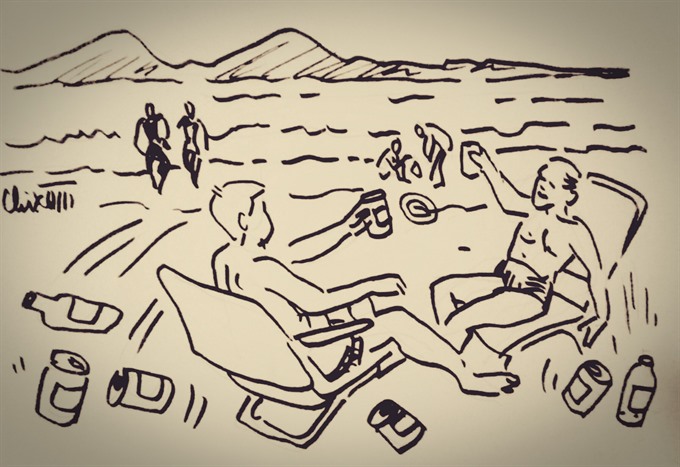 |
| Making your bed: Many beautiful places in Viet Nam are polluted with people’s rubbish. If people want to live in a beautiful environment, then they must take responsibility. |
by Bích Hường
In a business-as-usual scenario, the world’s oceans could contain one tonne of plastic for every three tonnes of fish by 2025, and by 2050, more plastic than fish [by weight].
The numbers in a report launched at the World Economic Forum 2016 crossed my mind again when I saw images of trash abandoned at beaches and other tourist attractions that went viral on internet after recent public holidays on April 30 and May 1.
More similar images are likely to come as Vietnamese enter the peak time of holiday season – summer. When students have a long break, people flock to beaches and tourist destinations.
It’s a given that people are disappointed to spend their holidays in places that are filled or surrounded by ice cream sticks, wrappers, cans, water bottles and food waste.
The trash not only damages the sight of the tourist areas, but also poses a high risk of environmental pollution to the locality if it is not treated properly.
Early last month, Philippine President Rodrigo Duterte approved the closure of the country’s most famous tourist island, Boracay, for six months from April 26, paving the way for a major cleanup of what he had described as a “sewer pool”.
Nearly 200 Boracay businesses were found to be discharging untreated waste water into the sea, resulting in an increased concentration of human faeces along the beaches and posing health risks to swimmers.
The case of Boracay also reflects the growing pressure on beach resorts across Southeast Asia, as infrastructure buckles under record visitor numbers.
A friend of mine who travelled to Boracay said that she was surprised over the closure of the island because, in her opinion, Boracay beach was much cleaner than many in Việt Nam.
“Of course, as a tourist, I cannot know about the sewage system and waste treatment system, but what I saw of Boracay beach was clean. There was just a little trash along the beach and environmental workers regularly came to collect it,” she said.
We don’t expect a similar move to be taken by the Government of Việt Nam because we have different criteria to the Philippines when assessing environment pollution, and of course, the state of Việt Nam’s beaches may be far different from those in the Philippines.
However, we do expect stronger actions of the Government, people and tourists in keeping clean and protecting the environment in tourist areas. The tourist industry has contributed greatly to the socioeconomic development of the nation. However, it’s true that the “hot growth” of the industry left negative impacts on the environment, for example, increased waste volume, greenhouse gas emissions, and the overuse of water resources.
For a long time, overcrowding and poor awareness on littering have been blamed for the pending problem in Việt Nam.
Dr Nguyễn Tùng Lâm, president of Hà Nội Educational Psychology Association, said that littering in public places in general and in tourist areas in particular reflected a bad mindset and reckless habits of many Vietnamese: “Everybody’s business is nobody’s business,” he said.
In many cases, adults fail to create a good example for children to follow, Lâm said, adding that many people are aware that littering in public places is bad, but they still did not throw trash into dustbins.
As an excuse for their negative behaviour, many people said that they find few dustbins in public areas. In other cases, the dustbins were already full of trash but weren’t being regularly emptied, and more commonly, they saw many other people littering and no one was punished.
In 2016, the Government issued a decree on administrative penalties in the environmental protection sector, taking effect in February, 2017. The decree aimed to impose stricter punishments for violations, particularly for littering, throwing cigarette butts, and smoking in non-smoking areas, as well as urinating in public places.
The decree has been welcomed by many people who say dealing with the “smaller” offenses will have a big impact. Fines for violations reach up to VNĐ7 million (US$308). However, stricter punishments don’t seem to be as effective as was expected. More likely is that law enforcement has been ineffective at punishing violations, and thus the general public doesn’t feel the need to follow the rules.
Some tourist destinations have been successful in cleaning up the environment. Local people have worked alongside the local authorities and created a mindset whereby people are reluctant to litter and dump trash.
Phan Ngọc Ánh, a resident in Vũng Tàu City proudly told me about how beautiful and clean her hometown is, even while it was a popular tourist attraction in the south of Việt Nam.
“Vũng Tàu Sea is now very clean,” she said, adding that as her family live near the beach, her children went swimming in the sea almost every day.
Vũng Tàu used to be notorious for dirty beaches as people would bring food and drinks down on the beaches, then discharge waste there, Ánh said.
However, since 2016, the city People’s Committee banned selling and having food/drinks on beaches, which has helped to reduce beach garbage dramatically.
Besides investment to improve public infrastructure, the city paid more attention to waste collection and treatment. Recently, more and more dustbins have been placed along beaches and streets. Above the dustbins, solar panels are installed to facilitate power charging for mobile phone users, Ánh said.
She added that people from Vũng Tàu are highly aware of the need to keep their city clean. They want to receive more visitors, and hope that guests will help in keeping their city clean and beautiful.
The image of a blue sea, white sandy beaches, and fresh air surely is much prettier than the image of trash lined beaches and blackened water. We must join hands to keep our environment clean. — VNS


